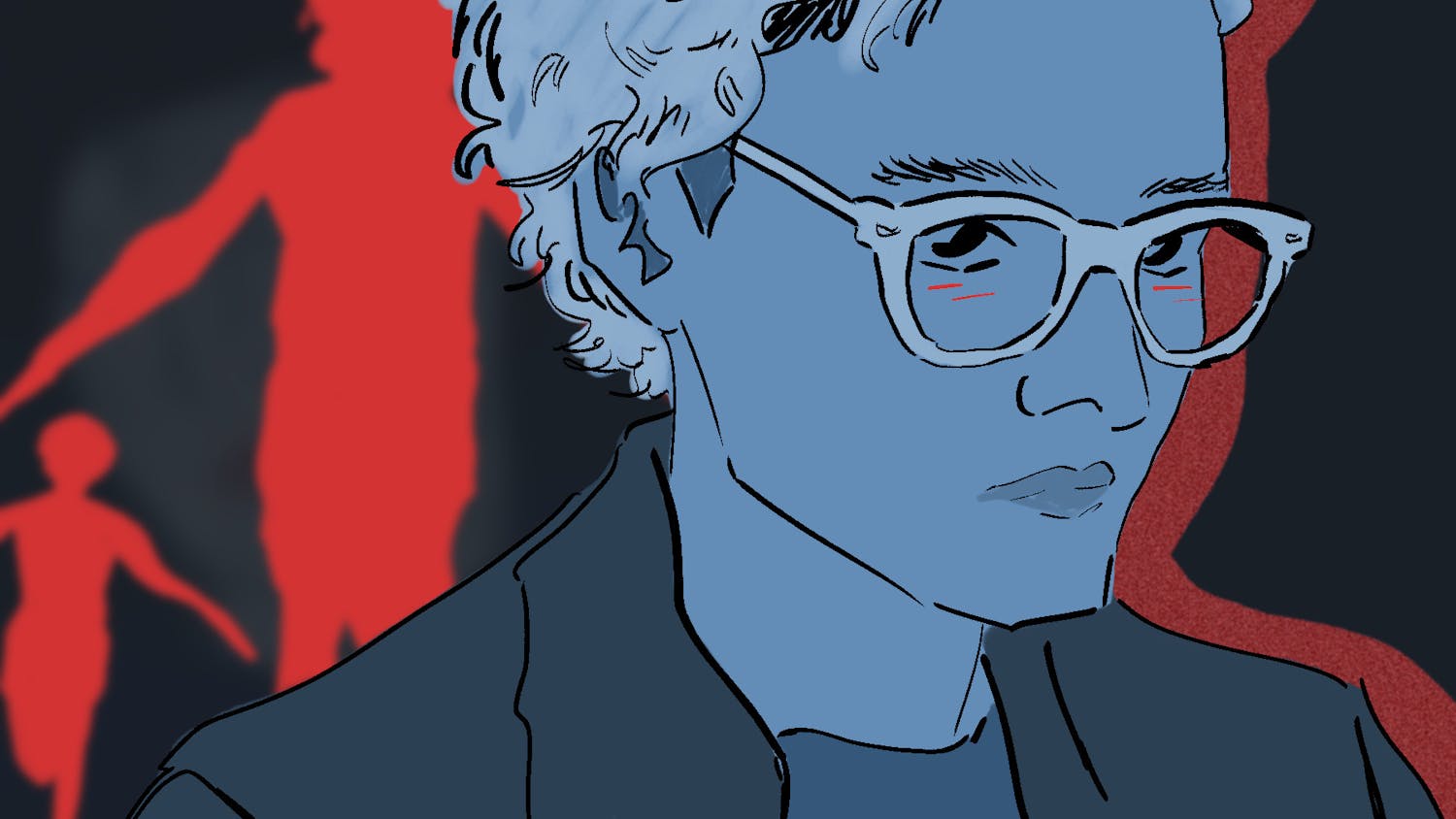On Friday night, I had the wonderful opportunity to hear the Wayne Shorter Quartet, led by renowned saxophonist Wayne Shorter and featuring Danilo Perez on piano, John Patitucci on bass and Brian Blade on drums. It was my first jazz concert ever, and it was certainly an experience that can only be described with one word: wow.
The quartet played four pieces that evening, and all four had the same underlying theme. Each piece started off quietly like the introduction of a story, peaceful and sonorous. The pianist played a melody that was just short of melancholy and the bass added a rhythm that sent shivers down many an audience member's spine. Slowly, the piano, bass and drums rose in tone and became increasingly dynamic in order to create the rising action until the saxophone pierced the air with staccato beats to form the climax. As the resolution to the story approached and, the saxophone played out its final notes with sincerity and calm. The incredible sound formed by these four talented musicians was led by the lone voice in the dark -- Wayne Shorter.
Wayne Shorter was born in Newark, New Jersey, and spent his teenage years studying at the nearby Arts High School. He later went on to graduate from New York University with a degree in music. After an eventful next few years -- during which he served a stint in the U.S. Army, created a band with Horace Silver and Maynard Ferguson and won first place in the "New Star Saxophonist" Downbeat magazine poll in 1962 -- Shorter began recording LPs, ultimately making a total of nine albums for Blue Note Records.
A turning point in Shorter's musical career occurred in 1964, when Miles Davis invited him to tour with his band, in which Herbie Hancock and Tony Williams also took part. Shorter was a part of Davis's band for six years and recorded over a dozen albums with it that revolutionized the face of music for many years to come. In 1970, the group separated and Shorter formed the band Weather Report with Joe Zawinul and Miroslav Vitous.
Through his perseverance and hard work, Wayne Shorter has achieved much success. He has helped define a genre of music that incorporates all forms, from jazz to rock and everything in between. This motivation allowed him to win the Downbeat poll in the category of soprano saxophone for 17 consecutive years after 1969. It also helped him garner six Grammies for his work in "8:30," "Call Sheet Blues" in the "Round Midnight" soundtrack, "A Tribute to Miles," "High Life," "Aung San Suu Kyi" and "In Walked Wayne." He is undeniably known around the world today as the reigning virtuoso of the soprano saxophone and respected universally for his talent as a composer.
At the concert, I experienced firsthand his charm and humanity as well as his immense talent as an artist. He is recognized by audiences all over the world both as a person with great warmth and a musician who took an irrepressible joy in making music. Indeed, his presence onstage filled the entire hall Friday night.
Sitting in the audience, it became clear just how much camaraderie existed between each of the players in the quartet, and I could not help but respond to their grins of pure joy as they worked together to express their feelings to the audience. For the length of his career, Wayne Shorter has made people realize that music is a huge part of his being. That night, he shared a part of his soul with me.



